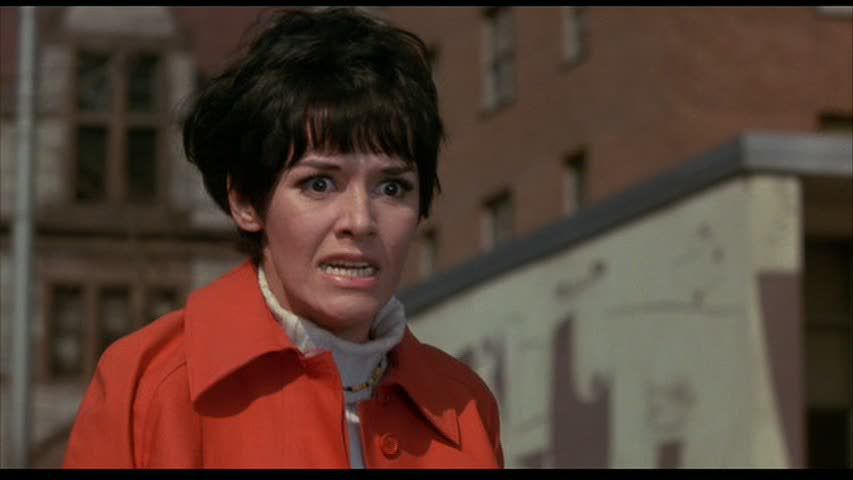
Alan Arkin's adaptation of the Jules Feiffer play Little Murders is a harsh, acerbic masterwork, an unflinching satire of a society spiraling out of control. The film's main character, Alfred (Elliott Gould), is a spineless, neurotic photographer whose work consists almost entirely of photographs of dog shit: he walks around the city with his eyes continually pointed down, focusing his perspective on the sidewalk and the waste that stains it. This is, to him, the only rational reaction to a rotten world, at least until he meets the relentlessly cheery Patsy (Marcia Rodd), who rescues him from attackers in the opening scene and then becomes enraged when he simply wanders away, disinterested, leaving her to get assaulted herself. Naturally, it's the blossoming of a romance, mainly because Patsy just cannot countenance someone as bland and cynical as Alfred, so she makes him her latest "project," a hopeless guy who she can rehabilitate into enjoying life.
The film is structured like the theater piece it's based on, with little attempt to get beyond the stagebound nature of the play. Fortunately, this is some of Feiffer's strongest, angriest writing, and his set pieces and monologues are never less than stunning. An encounter with Patsy's family is especially hilarious, as Alfred is forced to cope with her leering, authoritarian father (Vincent Gardenia), her stereotypical unflappable 50s housewife mother (Elizabeth Wilson), and her creepy brother (Jon Korkes), with whom she shares a borderline incestual camaraderie. What's brilliant about these scenes is that Alfred's nihilism is presented as a fairly logical reaction to the insanity of this society, certainly more than the almost pathological optimism of Patsy, who reacts to even the complete trashing of her apartment with a kind of teeth-gritted determination to make the best of things. The film really soars, however, in a pair of lengthy monologues that take up a large portion of the middle section. The first of these is delivered by the pompous Judge Stern (Lou Jacobi), who harangues Patsy and Alfred with a rambling discourse on his hard life as the son of working class parents, and the importance of God in his life. When Jacobi's bellowing, hilarious oration proves too big for the small room where he's met the couple, he simply walks away to find a courtroom where, backed by a tremendous American flag, his rhetoric more comfortably fills the space. This scene is quickly followed by Patsy and Alfred's wedding, performed by an unconventional hippie reverend (Donald Sutherland), whose speech is inflected with a shrugging, anything-goes indifference to marriage, fidelity, divorce and drug use: this wedding ceremony acknowledges right up front the likelihood that it will all end in divorce. Later, Arkin himself appears in a cameo turn as a jittery, flinching police detective, while Patsy's family hunkers down behind steel shutters, driven mad, fending off society's collapse with a sniper rifle. This bleak — and bleakly funny — film is Feiffer's most uncompromising statement on societal disintegration, and Arkin's adaptation memorably translates this satire for the cinema.
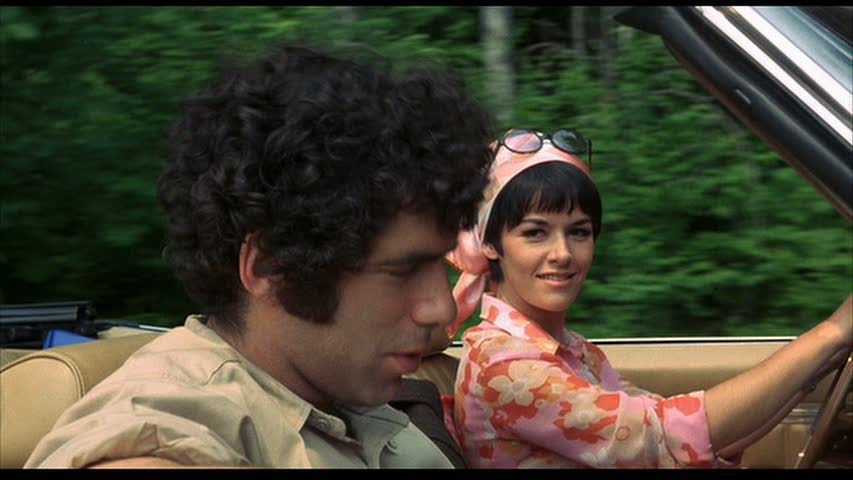
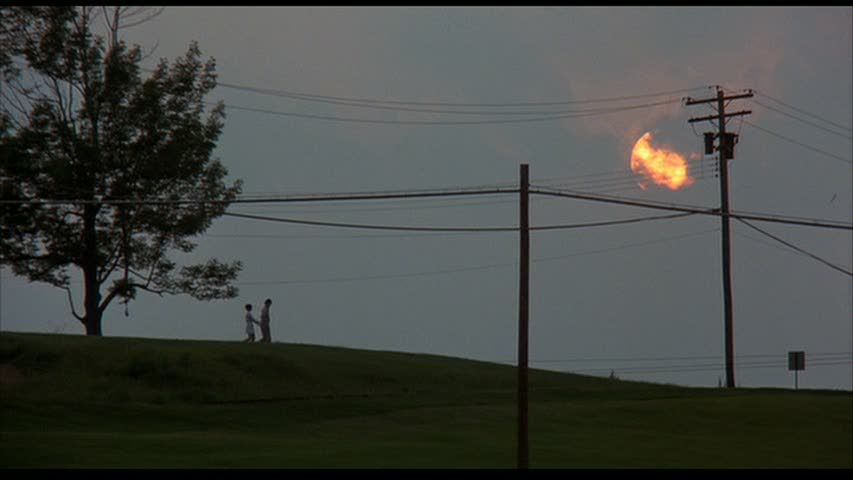
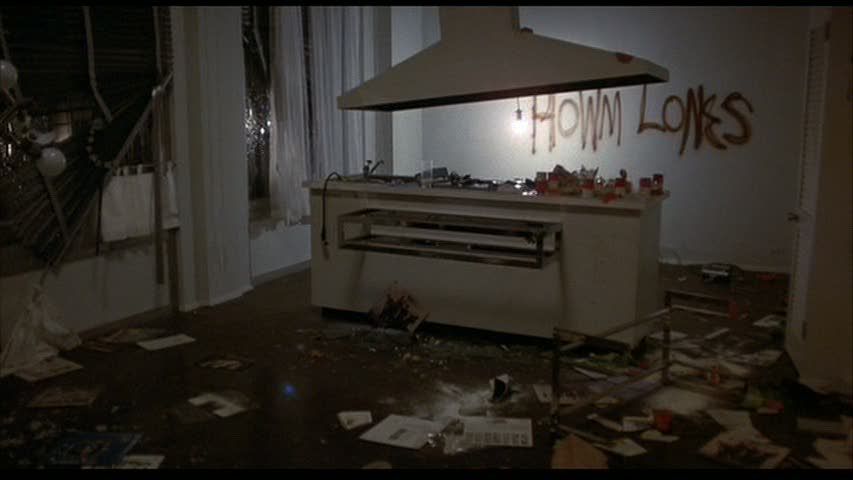

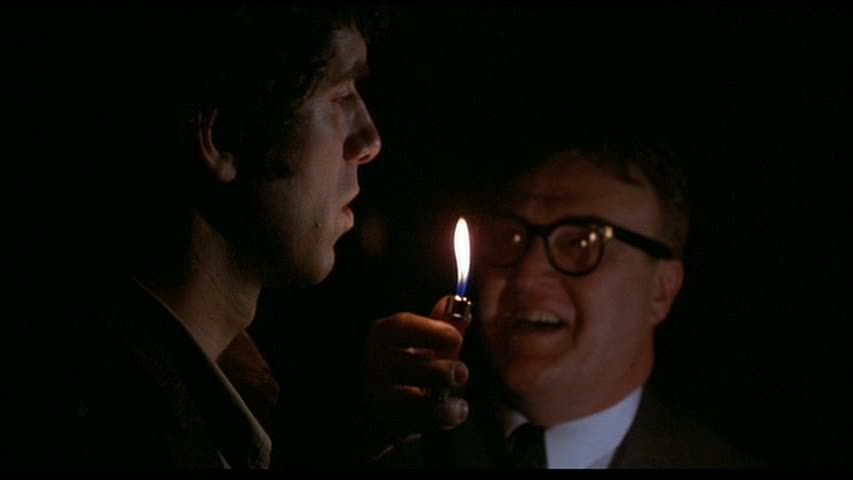
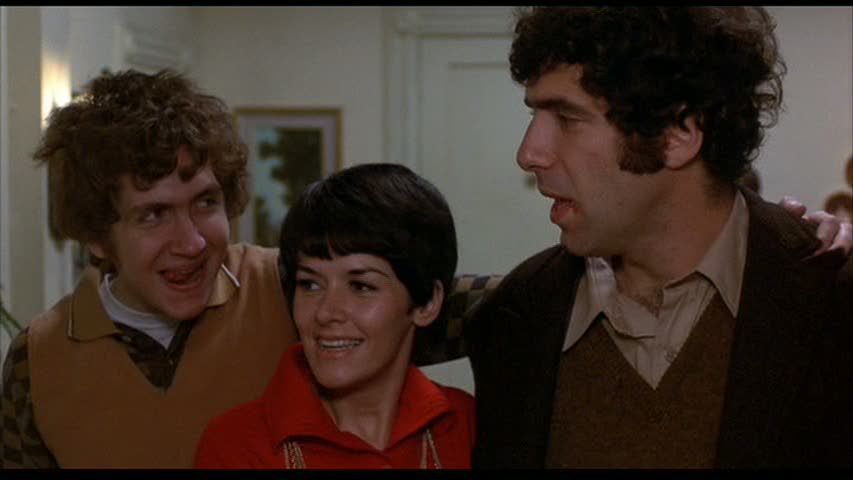
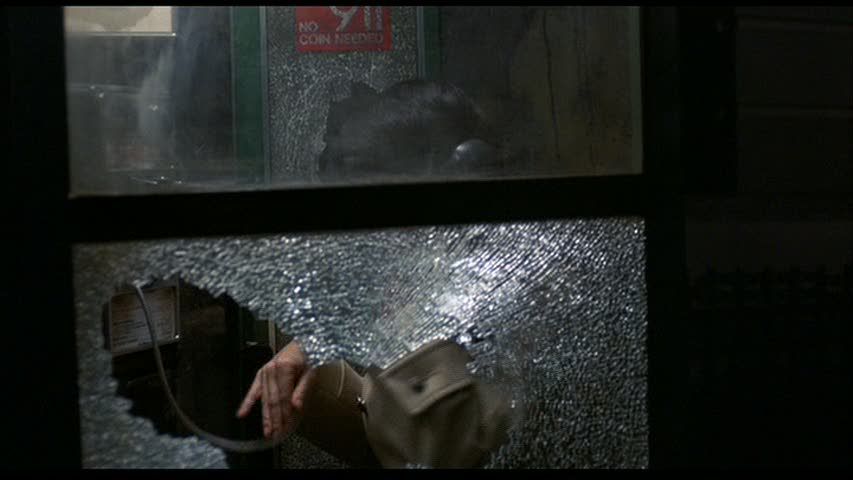
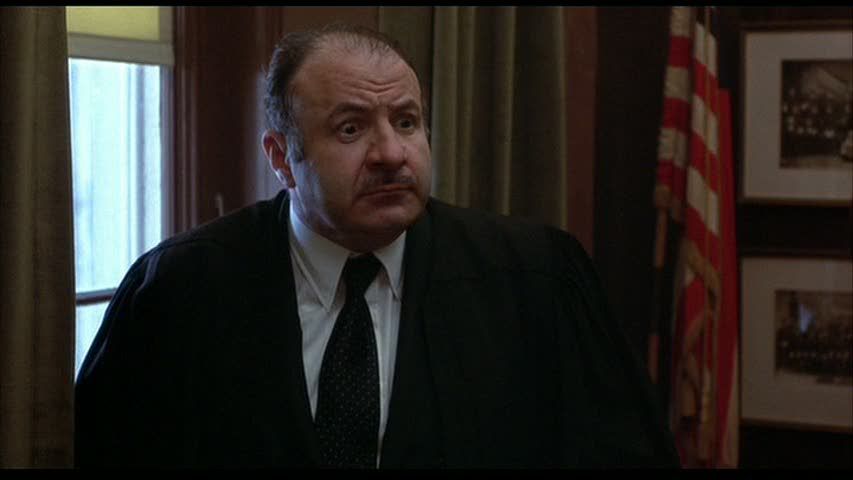
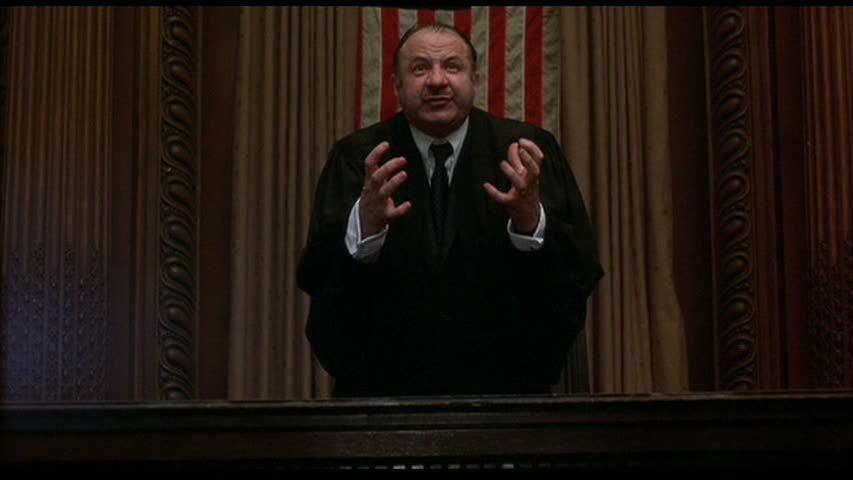


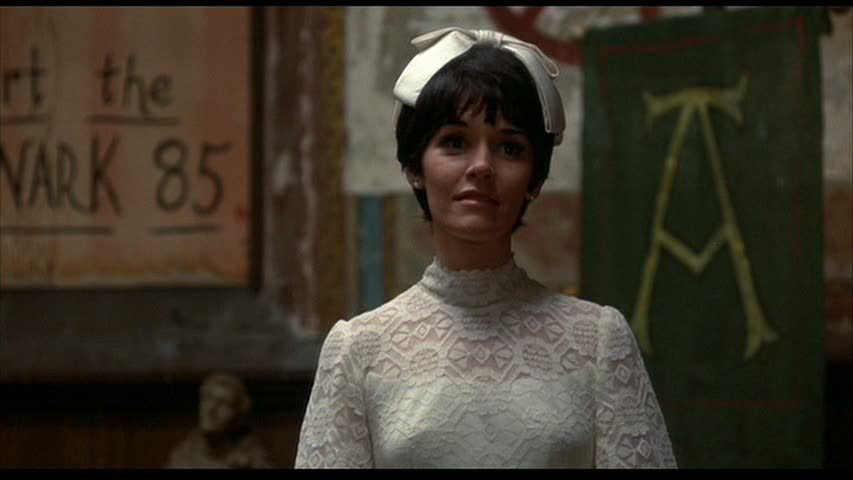
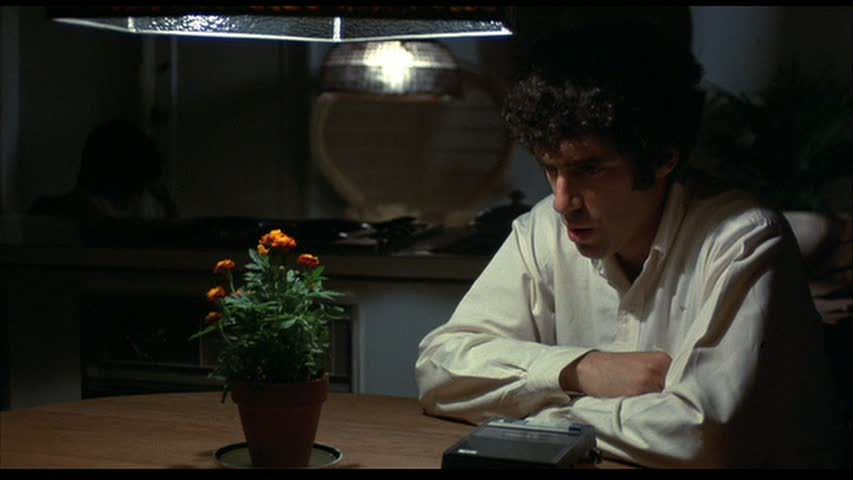
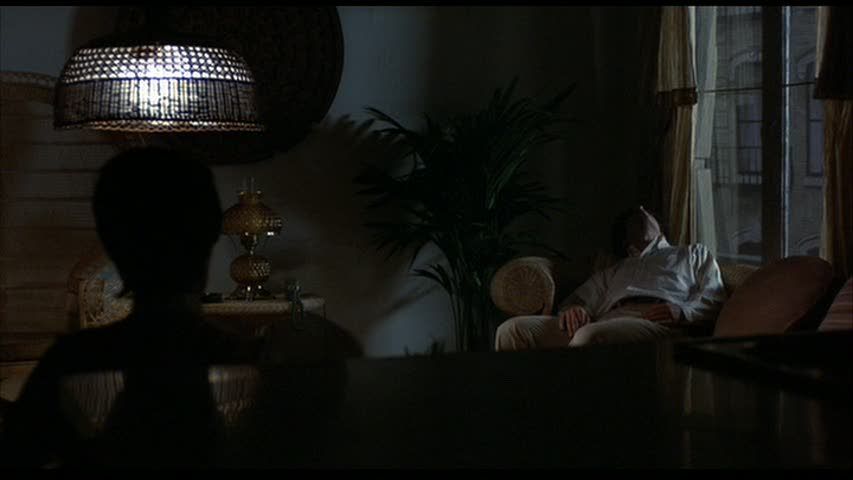
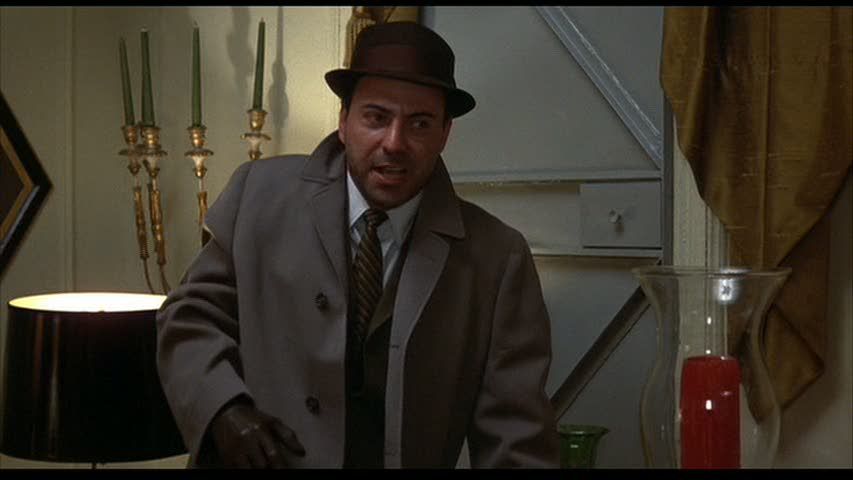
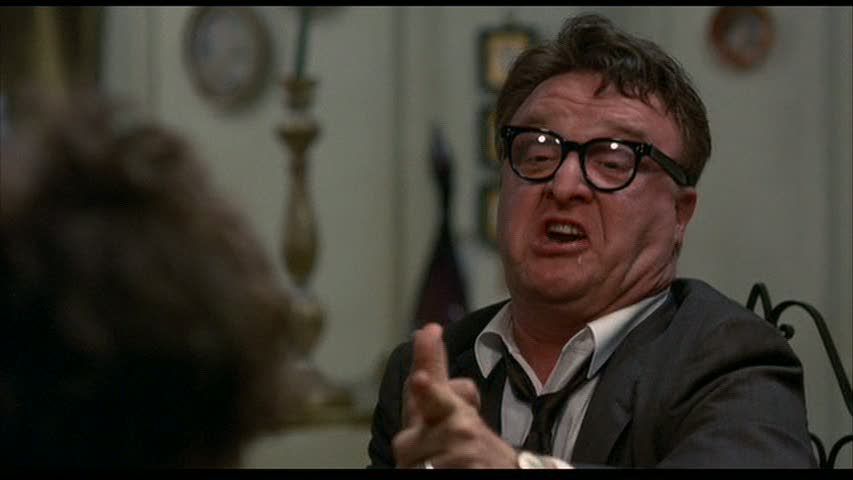
I love this film as well! It is a curious little oddity from the '70s.
ReplyDeleteMy fave scene is probably the dinner with Patsy’s family. Vincent Gardenia is perfectly cast as her Archie Bunker type father who sees everything through blue-collar eyes. I also love how the son seems to laughs at everything and is first seen reading a book entitled, LESBIANS FROM VENUS. The lights go out and come back on repeatedly and they don’t even acknowledge it. There is absurdist quality to this scene that I really like.
I feel like a fool here, commenting without having seen this particular film, especially since the early 70's was the one period where I fnatically embarked on my own hobby of visiting the cinemas en masse. But I remember well you used a screen cap from this film in our ongoing 'Guess the Pic' feature, and you had indicated a review was forthcoming.
ReplyDeleteNeedless to say both the review and the screen caps are first-rate, but what I'd rather broach is the stage bound nature of the film, which you discuss here. A number of films from this period 'suffer' if you will, from the same malady...i.e. Cates's I NEVER SANG FOR MY FATHER, THE BOYS IN THE BAND, SLEUTH, et al, but like LITTLE MURDERS they (on the inherent strength of the material) overcome these constrictions, especially the former and latters films.
When you talk here of some of "Feiffer's strongest, angriest writing" I am reminded of another film that didn't even attempt to move from its staginess--Reginald Rose's supern TWELVE ANGRY MEN, which of course was not a satire like LITTLE MURDERS, but nonetheless an essential piece of social cinema.
J.D., totally agreed about the dynamic of Patsy's family: they're just caricatures, or trying to embody caricatures anyway, especially the mother who maintains this cheerfully plastic 50s housewife facade even as the world all but collapses around them. I also love the scene where Patsy and Alfred return to her apartment and find it wrecked, and how Patsy just starts right in planning how to rebuild and rebuy everything she needs. The film makes optimism and cheerfulness seem like the stupidest possible reactions to the state of the world.
ReplyDeleteSam, good points about some good "stagebound" films. It often drives me mad when a film feels stagey like that, but then something like Little Murders (or, yes, Twelve Angry Men) comes along and proves that sometimes all you need to do is put strong material up there in the mouths of strong actors, and the rest will take care of itself. Arkin's direction is straightforward, which turns out to be a smart move -- he just stays out of the way and lets Feiffer's darkly comic monologues and set pieces dominate the film.
I'd also recommend that anyone who likes this film (or the nearly as great Feiffer-written Carnal Knowledge) should check out the man's cartooning as well. The publisher Fantagraphics has started publishing the complete run of his Village Voice comic strips, and they're brilliant, satirical and funny as hell. The man is a playwright, screenwriter, cartoonist, children's book author; truly a genius.
Well , first of all crongats for your amazing blog ! Please , keep on posting those obscure pieces for us ...
ReplyDeleteI didn't even know this obscure gem , and thanks to you I discovered that amazing film , so hysterical , demented , anti american and bitter ..
Thanks, Fabio, I'm glad you loved the film as much as I did, and I'm glad I could point you towards it.
ReplyDeletethis film is superb ,i am a big fan of black comedy genre ,after i saw this film ,i was searching imdb for reiews ,i was surprised to see to not more than 10 reviews and ur reviews was one of them ,gr8 movie ,if pssible pls suggest some more movies from black comedy genre
ReplyDeleteThanks, Rahul. This film is sadly obscure, but it's amazing. If you liked this, I'd highly recommend Carnal Knowledge, also written by Jules Feiffer. And David O. Russell is also responsible for many great black comedies.
ReplyDelete